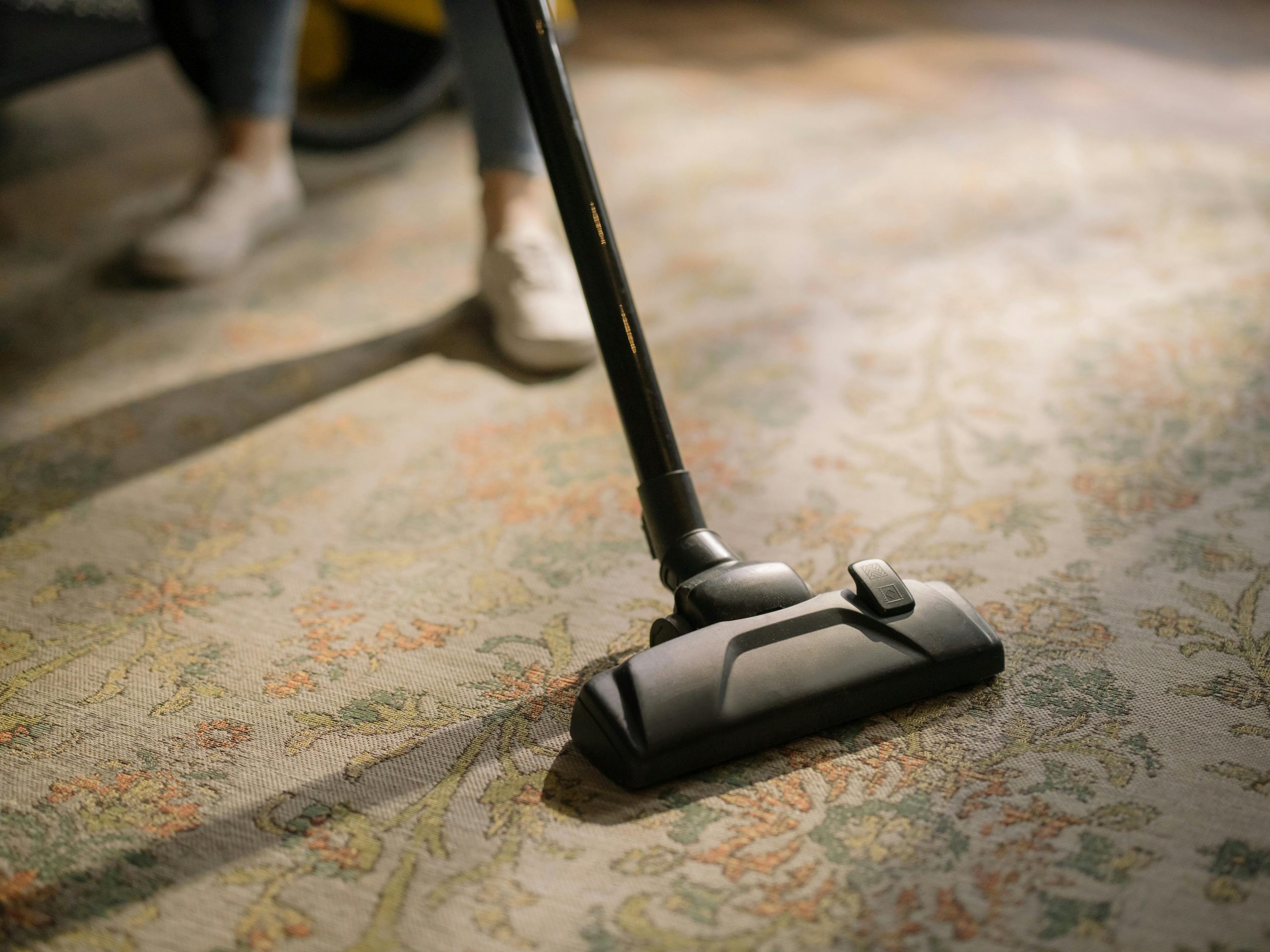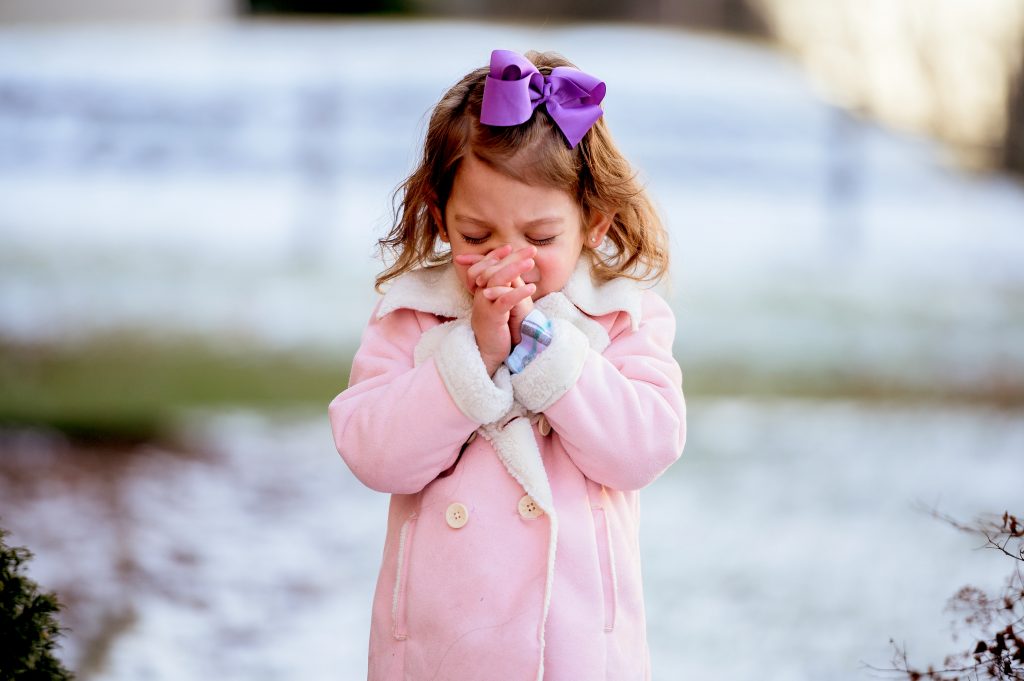- Identify and minimize exposure to common triggers like dust mites, pollen, pet dander, and mold.
- Maintain a clean home by vacuuming regularly, washing bedding, and using air purifiers.
- You can use nasal saline irrigation to relieve congestion and reduce allergy symptoms effectively.
- Consult an ENT specialist for persistent or severe symptoms and appropriate treatment options.
- Encourage healthy habits like proper sleep, nutrition, exercise, and hygiene to boost the immune system.
Allergic rhinitis is a common condition that affects many children in Singapore. Also known as hay fever, allergic rhinitis can cause symptoms such as sneezing, runny nose, and itchy eyes, which can be particularly challenging for young children to manage.
As a parent, it can be challenging to see your child suffering from the discomfort of allergic rhinitis. However, there are ways you can help your child manage their symptoms and improve their quality of life. This blog will discuss essential tips for managing allergic rhinitis in children in Singapore.
Identify Triggers
The first step in managing allergic rhinitis in Singapore is to identify the triggers that are causing their symptoms. Common triggers include dust mites, pollen, pet dander, and mold. Keep track of when your child’s symptoms flare up and try to pinpoint what may be causing them. Once you have identified the triggers, you can take steps to minimize your child’s exposure to them.
Keep the Home Clean

Dust mites and other allergens thrive in a dirty environment, so keeping your home clean is essential for managing allergic rhinitis in children. Vacuum regularly, wash bedding in hot water once a week, and invest in air purifiers to help remove allergens from the air. Additionally, consider using hypoallergenic pillowcases and mattress covers to create a barrier between your child and allergens while they sleep.
Use Nasal Saline Irrigation
Nasal saline irrigation is a safe and effective way to relieve nasal congestion and reduce allergy symptoms in children with allergic rhinitis. This technique involves rinsing out the nasal passages with a saline solution using a Neti pot or squeeze bottle. Nasal saline irrigation helps clear out allergens and mucus from the nasal passages, allowing your child to breathe more easily.
Encourage Healthy Habits
In addition to these tips, encouraging healthy habits can also help manage allergic rhinitis in children. There are many things you can do to boost your child’s immune system and reduce their susceptibility to allergens. Some examples include the following four:
Enough Sleep
Ensuring your child gets enough sleep is crucial for maintaining a healthy immune system. According to the National Sleep Foundation, school-aged children (6-13 years old) need nine to eleven hours of sleep per night, while teenagers (14-17 years old) need eight to ten hours. Make sure your child sticks to a consistent bedtime routine to help them get enough quality rest.
Proper Nutrition

A balanced and nutritious diet plays a significant role in boosting your child’s immune system and reducing their allergy symptoms. Encourage your child to eat plenty of fruits and vegetables that are rich in vitamins and minerals, as well as foods high in omega-3 fatty acids such as fish, flaxseeds, and walnuts.
Regular Exercise
Regular physical activity not only helps keep your child physically fit but also strengthens their immune system. Encourage your child to engage in activities they enjoy, such as sports, dancing, or even just playing outside.
Proper Hygiene Practices
Teaching your child proper hygiene practices, such as washing their hands regularly and avoiding touching their face, can help prevent the spread of allergens and reduce their exposure to them.
These healthy habits not only help manage allergic rhinitis but also promote overall well-being and can have a positive impact on your child’s health in the long run. By incorporating these habits into your child’s daily routine, you can help them lead a healthier and happier life.
Consult an ENT Doctor
If your child’s allergic rhinitis symptoms are persistent or severe, it may be time to consult a doctor for further evaluation and treatment options. An ENT specialist who specializes in allergic rhinitis in Singapore can help determine the specific triggers affecting your child and recommend appropriate treatment methods. They may also prescribe medications, such as antihistamines or nasal sprays, to alleviate symptoms. Choose a doctor who has experience working with children to ensure your child receives the best care possible.
Managing allergic rhinitis in children requires a combination of identifying triggers, maintaining a clean home, using nasal saline irrigation, consulting the right doctor, and encouraging healthy habits. Implementing these strategies can help alleviate your child’s symptoms and improve their overall quality of life. These steps will manage their allergic rhinitis and contribute to their long-term well-being, ensuring they lead healthier and happier lives.

